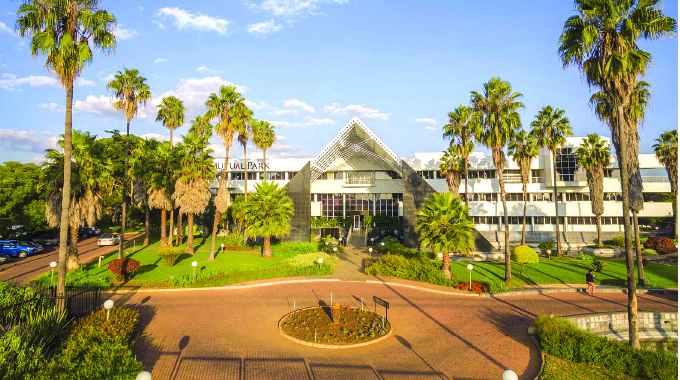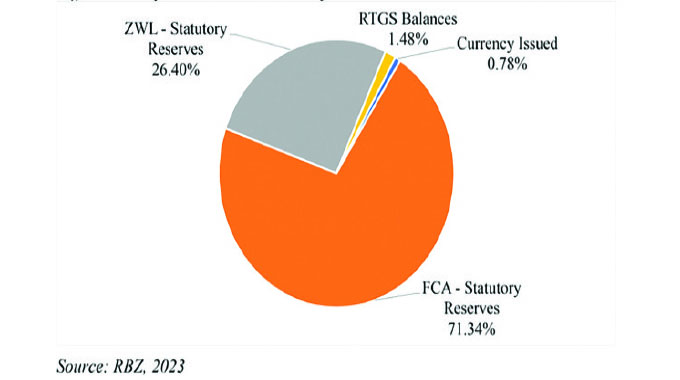FMP makes foray into small towns

Enacy Mapakame Business Reporter
Listed property firm, First Mutual Properties (FMP), is expanding its portfolio into smaller towns as the group seeks to grow its businesses and diversify risk.
This comes as the real estate sector has also been affected by the prevailing macro-economic shocks that have resulted in a fall in occupancies in central business district (CBD) office space.
As such, property firms are looking to invest elsewhere including office parks, retail, industrial, residential, hospitality and healthcare facilities to diversify their risk.
The favourable economic projections are also expected to stimulate demand for real estate, as economic activity improves creating reason for property portfolio diversification.
FMP indicated the group was also looking at further investing into its existing portfolios to improve long term return profile.
“We will continue to scout for opportunities within the market to further grow and differentiate our property portfolio in order to improve the long term return profile,” said chairman Elisha Moyo in an update for the financial year 2021.
FMP recently acquired a retail property site in Chivhu valued at US$390 000 with an entry yield of 6 percent, according to the group.
This also comes as demand for retail space has remained firm in the country for both central business district and suburban areas.
As the economy struggled with the adverse impacts of the Covid-19 pandemic with limited formal employment, many Zimbabweans turned to the informal sector, starting their own enterprises. Retail business tops the list of the new enterprises, thus driving demand for space in both the CBD and residential areas.
“Demand for both CBD and suburban retail space remains high. Because of the non-availability of formal employment most people want to start a retail business selling various commodities. Some landlords have capitalised on this and created “flea markets” where tenants lease a stall/table on a daily basis.
“In most cases the tenants will be selling the same commodities, so the level of profitability is less certain. As a result of the high demand for space there are no voids in the retail sector,” said Knight Frank Zimbabwe.
As such, FMP is also looking at developing student accommodation in the mining town of Zvishavane where it recently acquired a 4,3-hectare site for residential development.
The residential segment has remained strong with demand from both locals and the diaspora community.
Demand for student accommodation has also remained high in the country with growing numbers of student enrollment in universities and other tertiary institutions, creating scope for property firms to spread into this segment.
For the financial year 2021, FMP’s net property income after administration expenses grew 55 percent to $175,9.
This was driven by a 39 percent growth in revenue which closed the year at $594,75 million compared to $427,15 million recorded in the previous year.
Revenue growth was sustained by repricing of rentals and stable occupancy levels during the year under review.








Comments